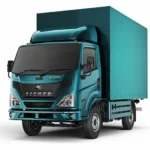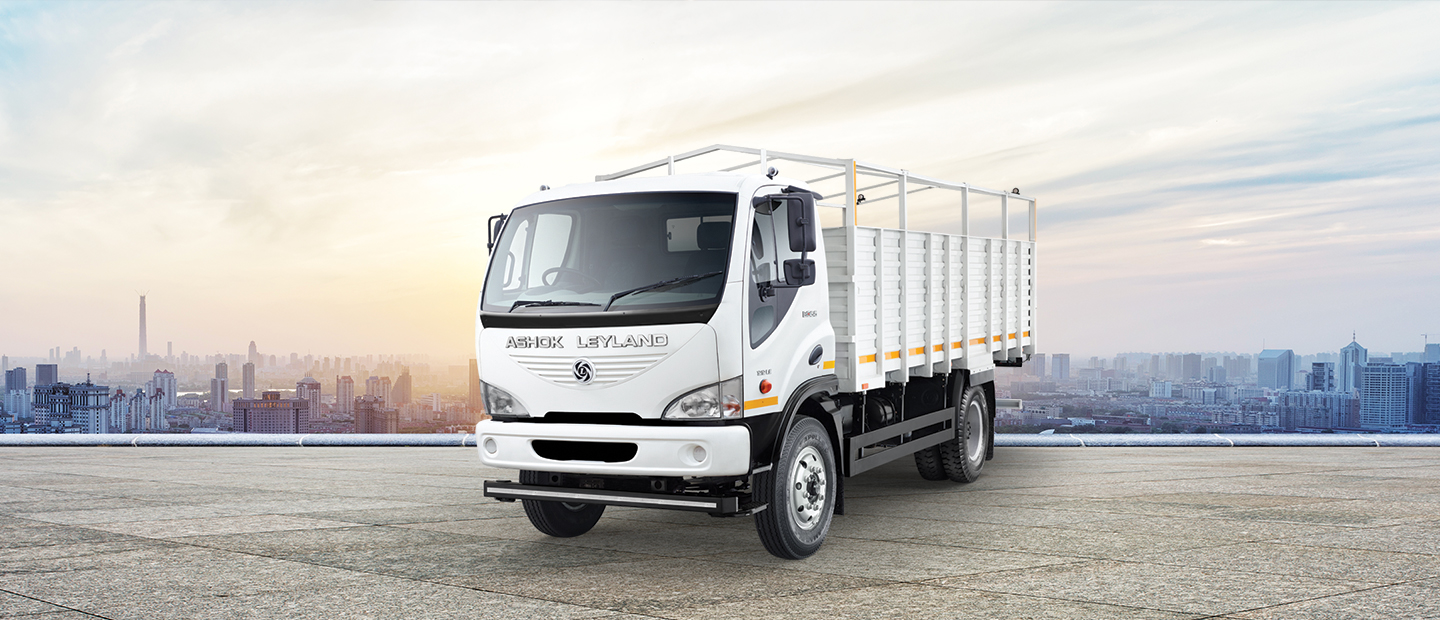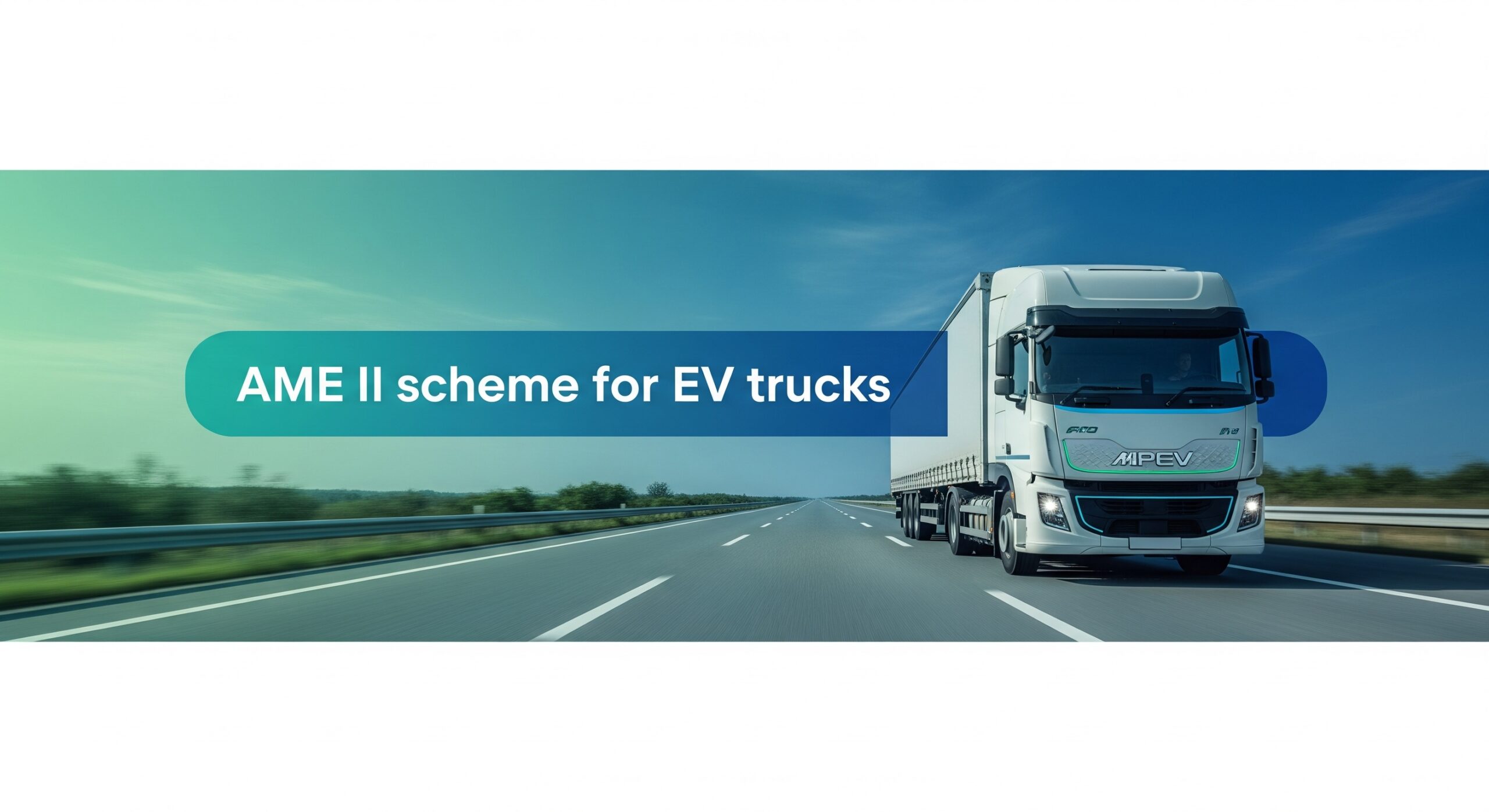EV Truck Sales Cross 10,000 Units in 2024 & Set to Surge Higher in 2025: What’s Powering the Demand?
Electric Vehicle (EV) trucks have made a major leap in India’s transportation and logistics industry. With over 10,000 units sold in 2024, the sector has witnessed an unprecedented surge. Industry experts now estimate EV truck sales could surpass 15,000 units in 2025. What is driving this growth? Let’s explore the core factors behind this electric momentum, the key players involved, technological advancements, and what it means for the future.
1. Market Overview: 2024 EV Truck Sales Surge
According to industry reports, EV truck sales crossed 10,400 units in 2024, up from just 6,800 units in 2023. This represents a 53% year-on-year growth, signaling increased confidence and maturity in the electric commercial vehicle segment.
Chart: EV Truck Sales in India (2021–2025*)
| Year | EV Truck Sales |
|---|---|
| 2021 | 2,000 |
| 2022 | 4,200 |
| 2023 | 6,800 |
| 2024 | 10,400 |
| 2025* | 15,000+ (est.) |
*Estimated based on current growth trends and pre-orders.
2. Top Contributing Segments in EV Truck Growth
The following segments are driving the sharp increase in EV truck sales:
- Intra-city logistics and last-mile delivery
- E-commerce and grocery delivery platforms
- Construction and light-duty transportation
- Municipal and waste collection vehicles
3. Key Drivers of Demand in 2024 and 2025
A. Rising Fuel Prices
Diesel prices continue to rise, making EV trucks an economical long-term investment for fleet operators.
B. Low Operating Costs
EVs have 60–70% lower operating and maintenance costs compared to diesel trucks.
C. Green Mandates & Sustainability Goals
Businesses are under pressure to adopt cleaner transport options as part of ESG (Environmental, Social, and Governance) compliance.
D. Enhanced Battery Technology
Battery range has increased to 200–300 km for mid-size EV trucks, making them practical for regional logistics.
E. Government Incentives
Under FAME II, PLI schemes, and state EV policies, manufacturers and buyers benefit from subsidies, reducing upfront costs.
4. Leading EV Truck Manufacturers in India
| Manufacturer | Popular Models | Range (per charge) | Notable Features |
| Tata Motors | Ace EV, Ultra T.7 EV | Up to 250 km | Fast charging, regenerative braking |
| Eicher Motors | Pro 2049 EV | 200–250 km | Low TCO, efficient drivetrains |
| Mahindra Last Mile | Treo Zor, Jeeto EV | 125–200 km | Compact design, ideal for city |
| Olectra | Heavy-duty EV trucks | 300+ km | Used in waste collection, logistics |
| Ashok Leyland | AVTR Electric, Dost EV | 150–250 km | Modular platform, durable |
5. Government Policies Fueling Adoption
FAME II (Faster Adoption and Manufacturing of Electric Vehicles)
Provides financial assistance for EV truck buyers and manufacturers.
State EV Policies
States like Maharashtra, Delhi, Tamil Nadu, and Gujarat offer incentives on registration fees, road tax, and provide EV hubs.
PLI Scheme
The Production Linked Incentive (PLI) scheme encourages domestic EV and battery production, ensuring better local availability.
6. Challenges Facing the EV Truck Market
- Charging Infrastructure: Lack of widespread charging stations.
- Higher Upfront Cost: Despite subsidies, EVs still cost more initially.
- Range Anxiety: Limited range vs long-haul requirements.
- Battery Recycling & Disposal: Environmental concerns around battery lifecycle.
7. 2025 EV Truck Sales Forecast and Growth Chart
Chart: Projected Sales of EV Trucks in India (2025-2030)
| Year | Projected Sales |
| 2025 | 15,000+ |
| 2026 | 22,000 |
| 2027 | 30,000 |
| 2028 | 42,000 |
| 2029 | 55,000 |
| 2030 | 70,000+ |
8. EV vs Diesel Truck Comparison Table
| Parameter | EV Truck | Diesel Truck |
| Fuel Cost (per km) | ₹1.2 – ₹1.8 | ₹3.5 – ₹5.0 |
| Maintenance Cost | Low | High |
| Pollution Emission | Zero (tailpipe) | High CO2 & NOx |
| Running Noise | Low | High |
| Government Subsidies | Available | Not applicable |
| TCO (5 years) | 20–30% lower | Higher |
9. Conclusion: The Road Ahead for Electric Trucks in India
India’s EV truck market is at a turning point. With sales surpassing 10,000 units in 2024, this sector is no longer in its infancy. Supported by economic incentives, technological advancements, and policy mandates, EV trucks are set to dominate intra-city and short-haul logistics in the next 5 years.
As OEMs continue to innovate and charging infrastructure expands, 2025 will likely be the breakthrough year for EV truck mainstream adoption.






